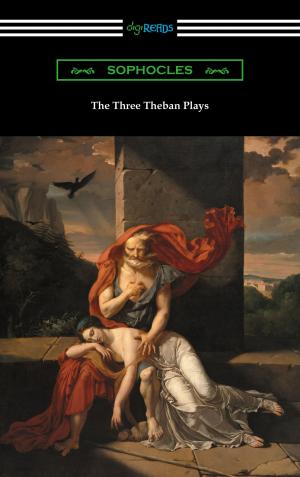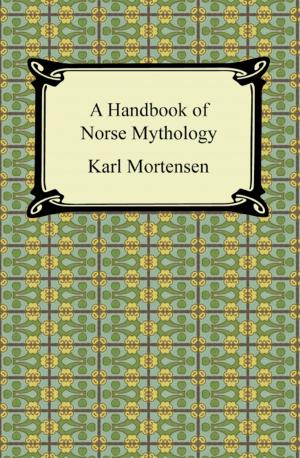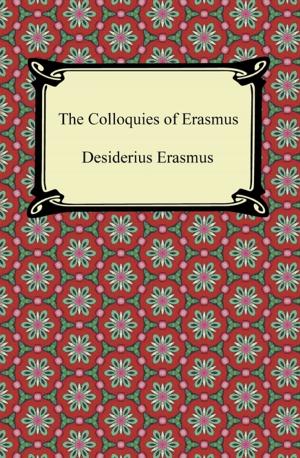| Author: | Euripides | ISBN: | 9781420904031 |
| Publisher: | Neeland Media LLC | Publication: | December 15, 2009 |
| Imprint: | Digireads.com Publishing | Language: | English |
| Author: | Euripides |
| ISBN: | 9781420904031 |
| Publisher: | Neeland Media LLC |
| Publication: | December 15, 2009 |
| Imprint: | Digireads.com Publishing |
| Language: | English |
Euripides turned to playwriting at a young age, achieving his first victory in the dramatic competitions of the Athenian City Dionysia in 441 b.c.e. He would be awarded this honor three more times in his life, and once more posthumously. His works are characterized by their moral ambiguity, plots of intrigue, and often a separate character (usually a deity) who introduces the play with an explanatory prologue. "Hecuba" was written around 424 b.c.e., and is considered to be one of Euripides' most bleak works. In the aftermath of the Trojan War, Hecuba, the wife of Trojan King Priam, finds herself in a state of utter desolation. Her husband and sons have been killed, and her daughters either slain or given as concubines to Greek kings, and she herself has been given to the hated Odysseus. From this beautifully penned story of destruction, loss, revenge, and the consequences of war has risen one of the most tragic figures in classical literature.
Euripides turned to playwriting at a young age, achieving his first victory in the dramatic competitions of the Athenian City Dionysia in 441 b.c.e. He would be awarded this honor three more times in his life, and once more posthumously. His works are characterized by their moral ambiguity, plots of intrigue, and often a separate character (usually a deity) who introduces the play with an explanatory prologue. "Hecuba" was written around 424 b.c.e., and is considered to be one of Euripides' most bleak works. In the aftermath of the Trojan War, Hecuba, the wife of Trojan King Priam, finds herself in a state of utter desolation. Her husband and sons have been killed, and her daughters either slain or given as concubines to Greek kings, and she herself has been given to the hated Odysseus. From this beautifully penned story of destruction, loss, revenge, and the consequences of war has risen one of the most tragic figures in classical literature.















